Upcoming Events

Wide Lens: LISTENING
Thursday, May 8, 2025 5:30pm
In a world full of noise, we often try listening to something: conversations with colleagues and family, music in our headphones, videos blasting from our smartphones. We hear all these things daily, but what does it mean to truly listen? In what sense do devices also listen to us? What is the role of silence in listening? How has listening changed over time? Can political tensions be solved through “listening”? How is listening both an art and a science? This Wide Lens event brings together...

Obermann End-of-Year Writing Retreat
Monday, May 12 to Friday, May 16, 2025 (all day)
Have you been waiting all school year to make serious progress on your book manuscript, article, or grant application? Jump-start your summer writing project at the Obermann End-of-Year Writing Retreat May 12–16, 2025!
Fifteen participants will enjoy a week of quiet productivity apart from the distractions of campus at the beautiful North Ridge Pavilion in Coralville. Daily catered lunches will provide an opportunity for exchange and discussion with other writers across campus. Each day will...

Cultivating Rurality: Building Community around Rural Research — 2025–26 Obermann Symposium
Thursday, March 26 to Friday, March 27, 2026 (all day)
Directed by Daria Fisher Page, Brian R. Farrell, and Ryan T. Sakoda (UI College of Law), Cultivating Rurality: Building Community around Rural Research will connect regional researchers and professionals who work with rural populations. Participants will collaborate to share their work and develop solutions that address the unique issues faced by rural communities, such as resource extraction, limited investment and digital infrastructure, low quality water and food, and rural-to-urban migration...

Cultivating Rurality: Building Community around Rural Research — 2025–26 Obermann Symposium
Friday, March 27, 2026 (all day)
Directed by Daria Fisher Page, Brian R. Farrell, and Ryan T. Sakoda (UI College of Law), Cultivating Rurality: Building Community around Rural Research will connect regional researchers and professionals who work with rural populations. Participants will collaborate to share their work and develop solutions that address the unique issues faced by rural communities, such as resource extraction, limited investment and digital infrastructure, low quality water and food, and rural-to-urban migration...
Pagination
Spacer
Upcoming Application Deadlines
Upcoming Application Deadlines
News
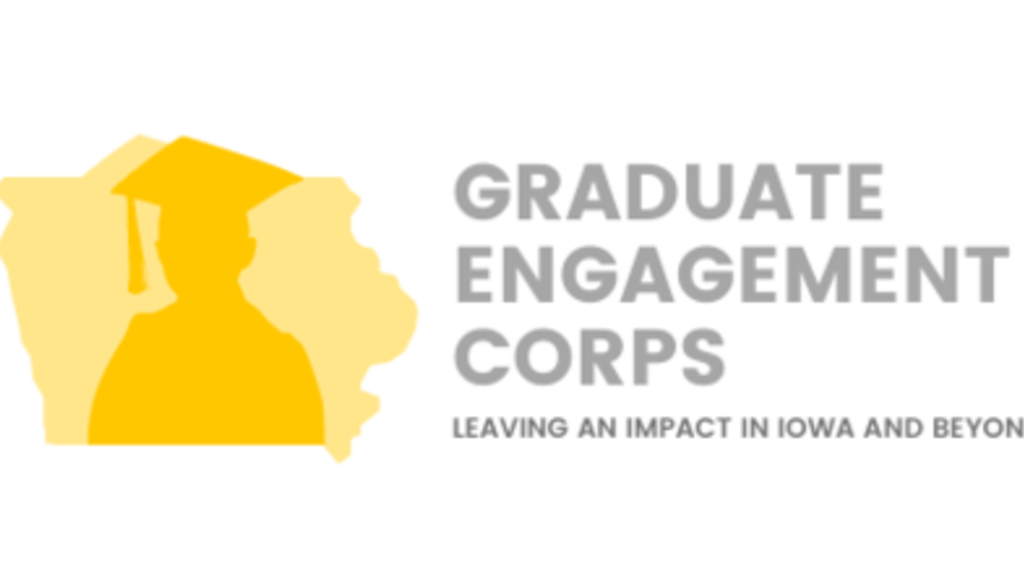
Goodbye, Gradate Institute. Hello, Graduate Engagement Corps!
The Obermann Graduate Institute on Engagement and the Academy was started fourteen years ago at a time when public engagement was not a well-known practice on university campuses. More than 200 University of Iowa graduate students have participated in this program, many of them going on to lead or participate in community engaged projects. We count the alumni of this program as friends, many of whom have shared with us the exciting work they are doing in other locales—including in Philadelphia, the Black Hills, and Boulder—and with other organizations, such as NPR, the National Park Service, and our own Center for Teaching. The Institute has also had 11 faculty co-directors who have shared their expertise from fields as disparate as dance and engineering, and with project expertise that ranges from working with incarcerated populations to directing a camp for deaf teens.
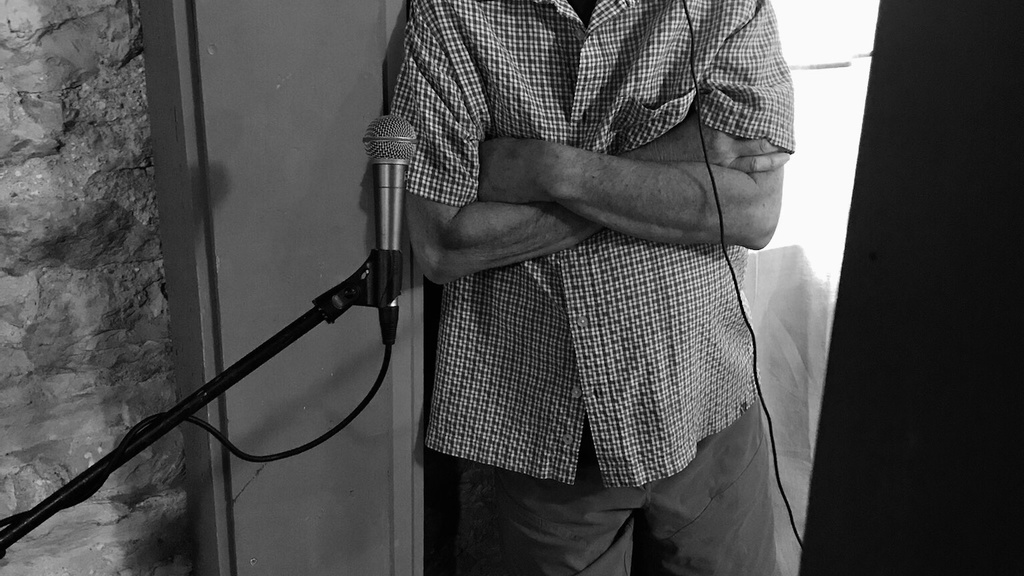
John Rapson's Communal Composition: Esteban and the Children of the Sun
In mid-June, a dozen musicians gathered in the basement of one of Iowa City’s oldest homes. There was a blues guitarist, a French mandole player, and a Celtic fiddler. The drummer was sequestered in the laundry room, and an electric guitarist’s amp was routed through a shower stall to limit distortion. In the midst of it all was John Rapson.
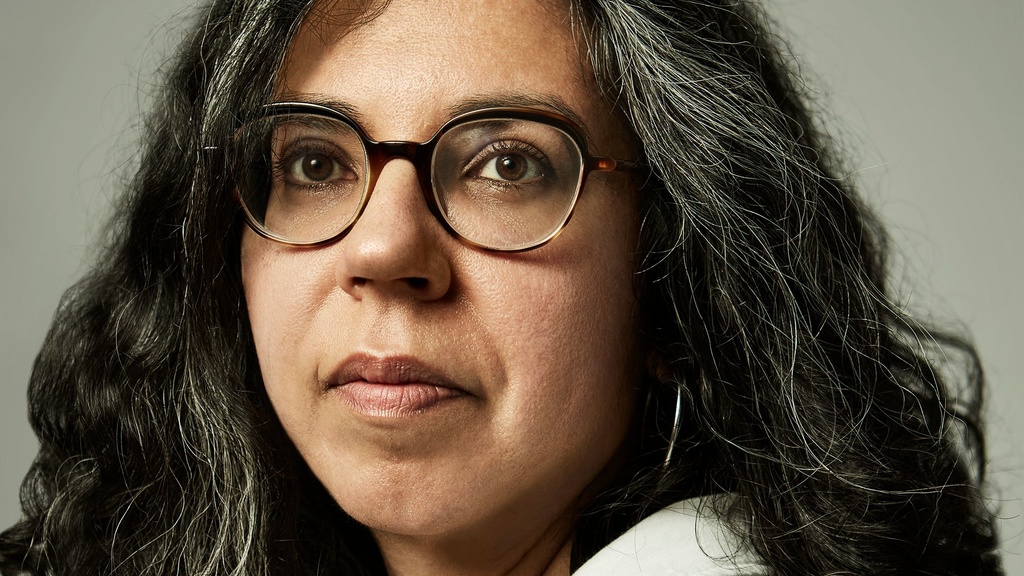
The Kindness of Strangers: Philosopher seeks to make caregiving disparities and their effects visible
During the pandemic, many of us have relied on the kindness of strangers. The work of people we didn’t know—store clerks, nurses, childcare providers, delivery people, and warehouse workers—allowed many of us to stay home during the past year and a half. As in the case of Blanche DuBois—she of Streetcar Named Desire fame—this reliance may have helped us in the short run, but it’s not necessarily the best societal approach to receiving care. Frontline workers are inordinately female and people of color....
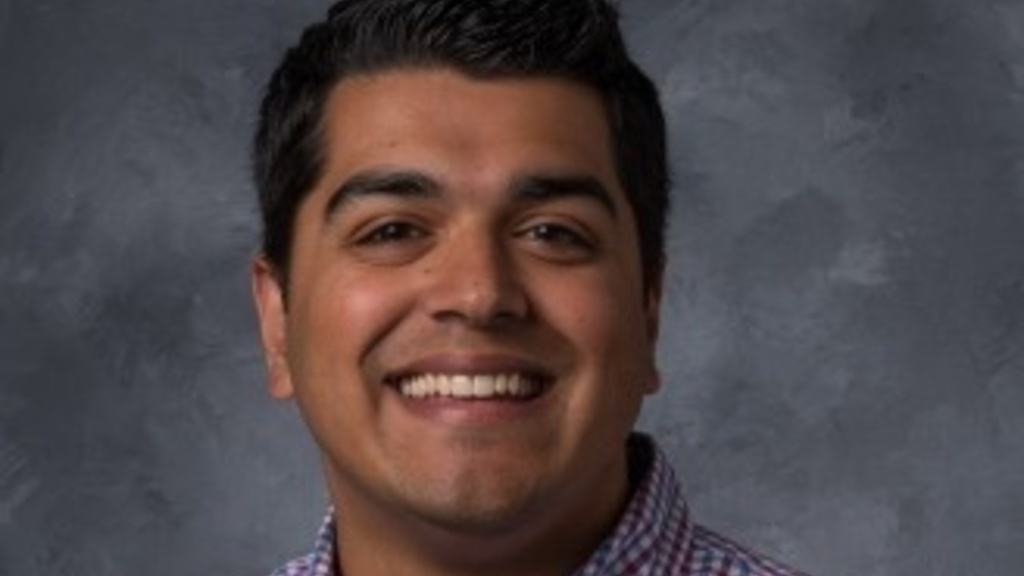
Andrew Boge Reflects on the HWW Career Diversity Workshop
Imagine yourself on the tree-filled University of Michigan campus listening to people with advanced degrees in the humanities talk about their workplaces and career trajectories. One person gives an overview of jobs in university presses, while the next describes her work as a consultant for non-profits. And your task is to soak up information, meet new people, and turn on your imagination.
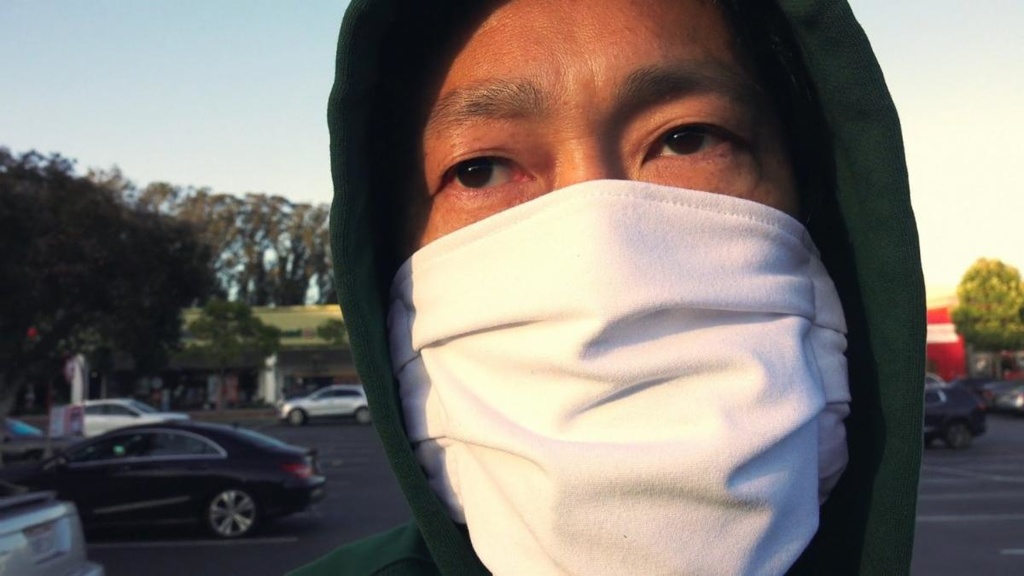
Seeing Asian American Life through the Video Essay
As each of us ponders how to live and work in the face of growing challenges—from pandemics to racist violence to climate change—scholars and artists are reconsidering their research questions, expanding methodologies, and devising forms for varied audiences. This year, the Obermann Center is hosting a series of informal conversations on research. Artists, scholars, social scientists, and scientists will explore what, in this moment, research can be and can do. We were therefore delighted when Professor Hyaeweol Choi asked if the Obermann Center would join the Korean Studies Research Network in inviting filmmaker, critic, and video essayist Kevin B. Lee to share recent video essays. In this innovative form, Lee illuminates Asian American experience by juxtaposing personal history, popular culture, and journalistic accounts of violence against Asian Americans.
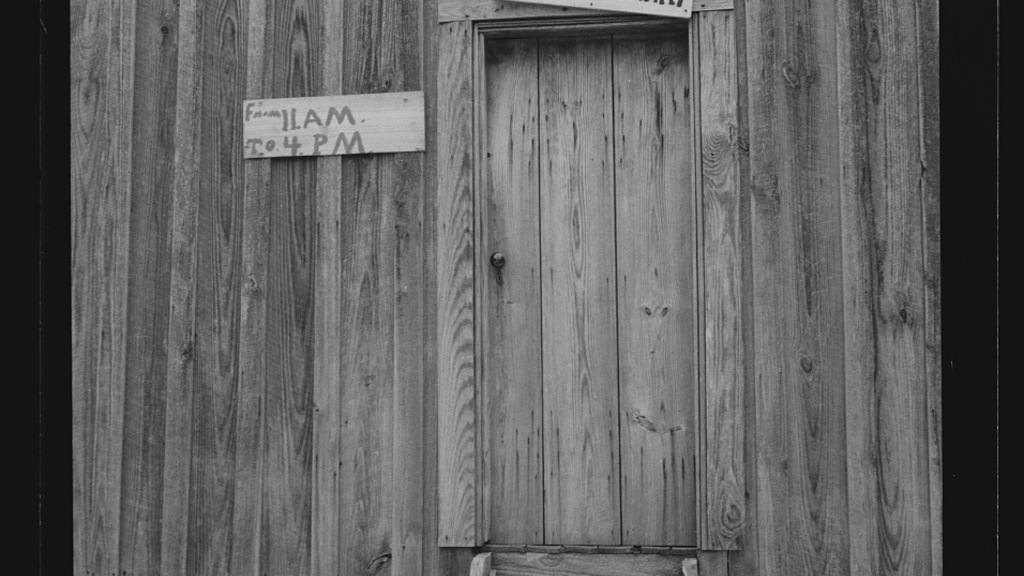
Training Librarians to Preserve Community Memory
Over the past two decades, say Micah Bateman and Lindsay Mattock, recipients of a 2021 Obermann Interdisciplinary Research Grant, library and information science (LIS) graduate programs have privileged information science, data science, and computer science—at several universities even merging with computer science departments—over human- and community-centered practices central to the mission of library and archival sciences. One such practice involves the management of community memory records—everything from genealogical documents to newspaper archives to oral histories. Bateman and Mattock note that at small and rural libraries, these records often go “unmanaged and underused, and reflect only the narratives of majority or dominant populations” because the librarians working with those collections have been largely neglected by LIS training programs that privilege “big data” paradigms.
Pagination








